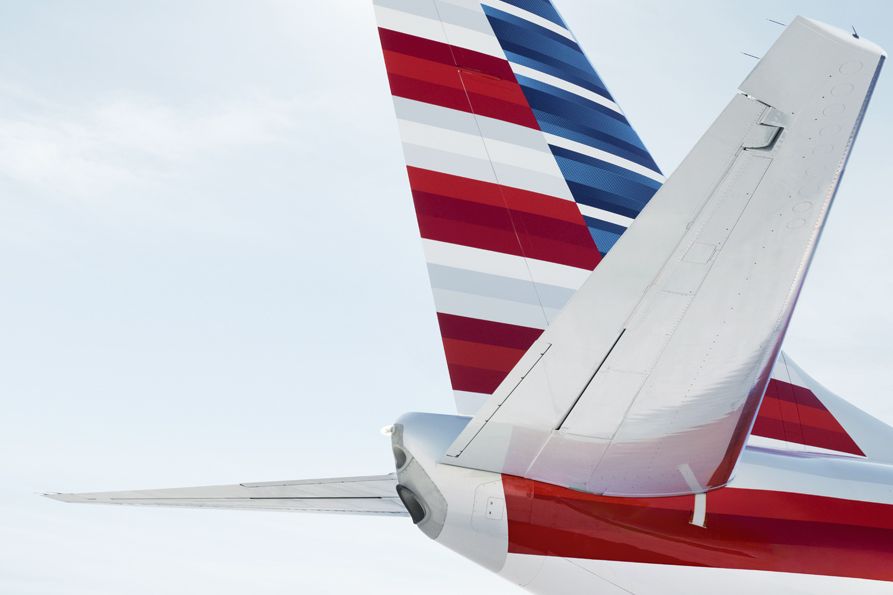American Airlines Cargo looks to an expanded transatlantic network

American Airlines Cargo is hoping to benefit from the addition of two new origins to its transatlantic winter network.
The cargo business said that during this year’s winter season it will be able to offer direct capacity from 11 European cities and 11 US destinations – two more than last year – with 35 daily flights.
The additional US locations compared with last year are Phoenix (PHX) and Raleigh-Durham (RDU).
The airline is currently providing daily service from London Heathrow Airport (LHR) to 11 US destinations on a mix of Boeing widebody aircraft, including the 777-200, 777-300 and 787-9.
US destinations are Boston Logan International (BOS), Charlotte Douglas International (CLT), Dallas/Fort Worth International (DFW), New York JFK (JFK), Los Angeles International (LAX), Miami International (MIA), Chicago O’Hare International (ORD), Philadelphia International (PHL), PHX, RDU and Seattle-Tacoma International (SEA).
From Spanish markets, there are direct services from Madrid–Barajas Airport (MAD) to DFW, JFK, MIA and PHL, while out of Barcelona-El Prat Airport (BCN) American will fly to JFK and MIA.
Paris Charles de Gaulle Airport (CDG) will have direct service to DFW, JFK, MIA, ORD and PHL, while Germany has two direct connections to CLT from both Frankfurt Airport (FRA) and Munich International Airport (MUC) with additional service to DFW out of FRA.
Two major Italian origins, Milan Malpensa Airport (MXP) and Rome–Fiumicino International Airport (FCO) will directly serve JFK and PHL, respectively.
Amsterdam Airport Schiphol (AMS), Dublin Airport (DUB) and Zurich Airport (ZRH) will continue to service PHL as well.
“This is a really major expansion of our winter service following the years of the pandemic and is tremendous news for American Airlines customers in both the UK and across Europe,” says Emma Oliver, sales Director – EMEA & APAC for American Airlines Cargo.
“We continue to see demand for our capacity to the US, as we have many customers wanting to move their cargo across our domestic network and beyond to Latin America or Asia.”
